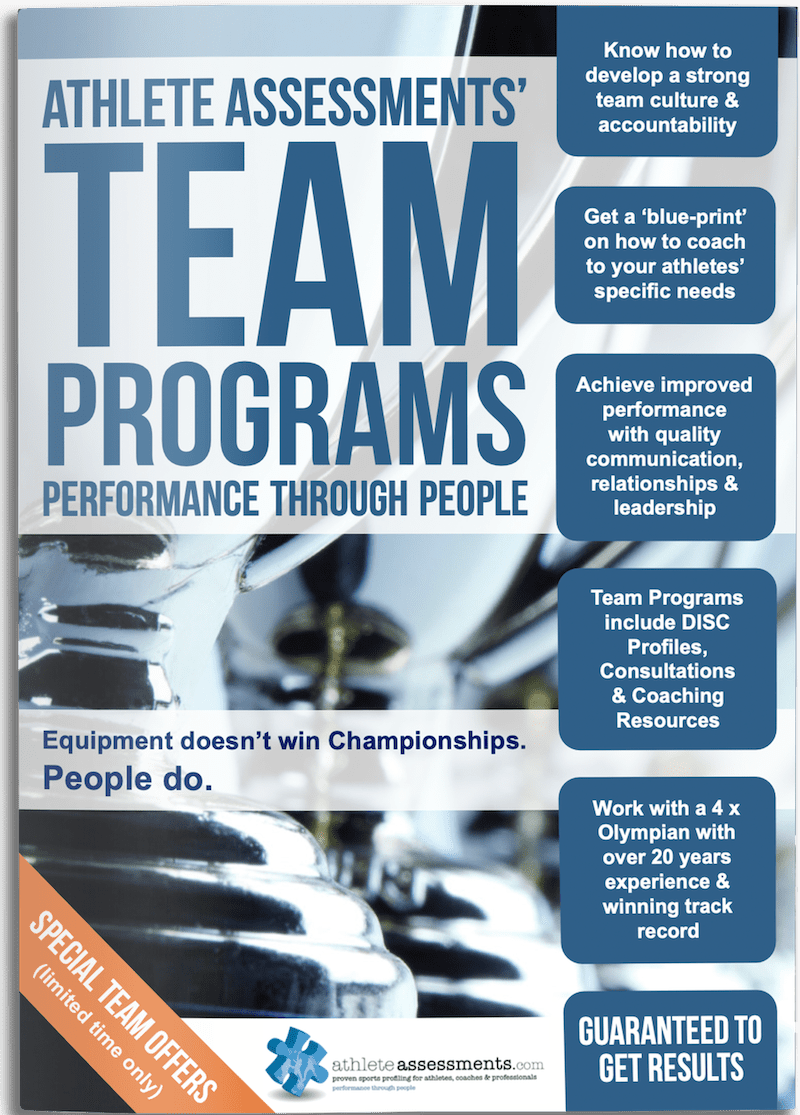Athlete Assessments Sport DISC Behavioral Profiles An Essential Step In Understanding Team Chemistry
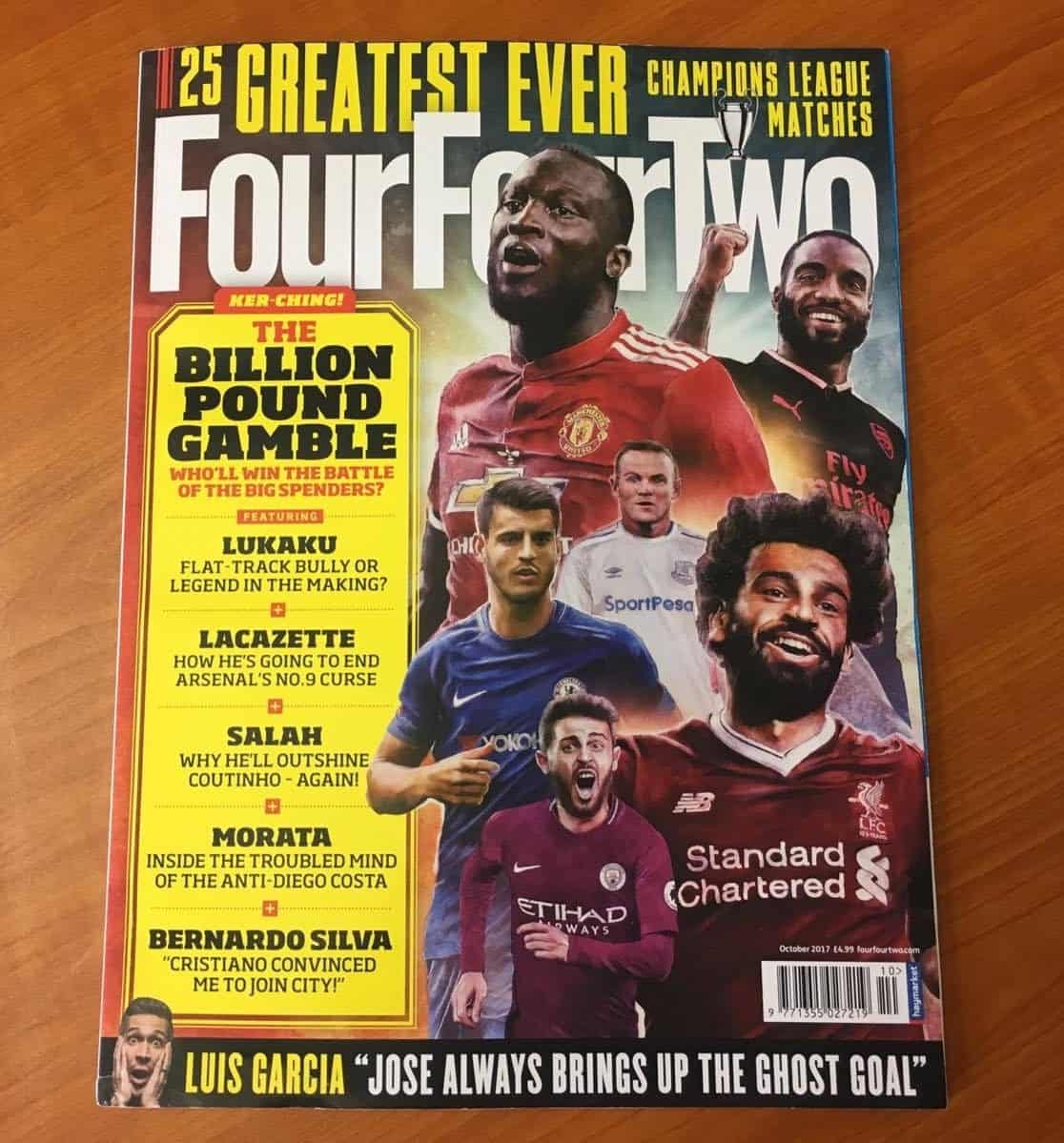 When the world’s biggest football magazine, FourFourTwo, took a look at team chemistry, writer Ben Welch spoke to premiership winning players, like Crystal Palace midfielder Yohan Cabaye and Celtic’s Musso Dembele for their insight into the unbreakable bonds that build team chemistry. He also spoke to Arsenal’s premiership winning Coach, Arsene Wenger and Micky Adams, the Cottages Player Manager who credits the communal struggle or hardship through training with bonding his teams. Adams also warned of dressing room politics. Welch researched the science behind the subject, examining the role of biochemistry, hormones and neurotransmitters, he spoke to biological anthropologist Dr Helen Fisher. SyncStrenght said they’re working on an algorithm which predicts team chemistry and Ben also spoke to Bo Hanson, International Coaching Consultant for Athlete Assessments about personality combinations and their contribution to team chemistry. This is Hanson’s account of the interview.
When the world’s biggest football magazine, FourFourTwo, took a look at team chemistry, writer Ben Welch spoke to premiership winning players, like Crystal Palace midfielder Yohan Cabaye and Celtic’s Musso Dembele for their insight into the unbreakable bonds that build team chemistry. He also spoke to Arsenal’s premiership winning Coach, Arsene Wenger and Micky Adams, the Cottages Player Manager who credits the communal struggle or hardship through training with bonding his teams. Adams also warned of dressing room politics. Welch researched the science behind the subject, examining the role of biochemistry, hormones and neurotransmitters, he spoke to biological anthropologist Dr Helen Fisher. SyncStrenght said they’re working on an algorithm which predicts team chemistry and Ben also spoke to Bo Hanson, International Coaching Consultant for Athlete Assessments about personality combinations and their contribution to team chemistry. This is Hanson’s account of the interview.
Late on a Friday afternoon, Ben called. I knew the call was coming and I was scheduled to talk to Ben for 10 minutes. He was writing an article about the much mythologized quality of “Team Chemistry”. Ben found out about us while he was researching other stories and from articles we’ve written demystifying the topic and helping Coaches to approach team chemistry using our Sport DISC Behavioral Profiles.
The 10 minute conversation turned into 40. I enjoyed it because Ben had clearly done a lot of research and consequently asked excellent questions.
He also gave me an insight into what other top-level football Coaches believe is important about creating team chemistry. What I learnt was further confirmation that most Coaches still believe team chemistry is something that magically emerges some seasons and just as easily disappears the next.
I was able to share information with Ben about how we help our clients create sustained and successful team chemistry and associated team culture that flows on from one year to the next. I spoke to Ben several weeks ago and I’ve now had the opportunity to see his article published and it’s a great read. My comments are well interpreted but it’s really useful to read other Coaches comments too.
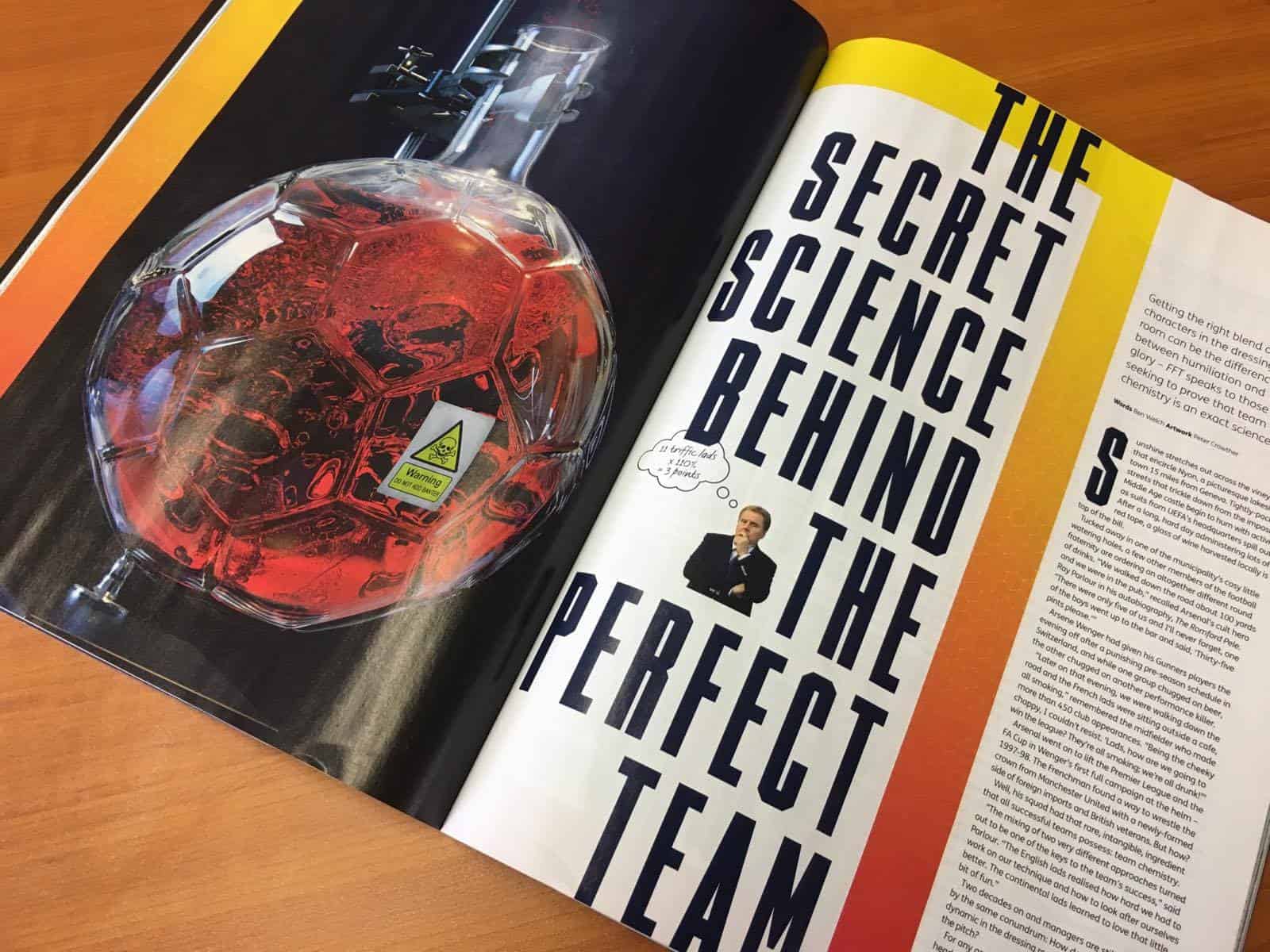
It was no surprise to hear stories about the old way of building team chemistry in football teams; cold winter practices followed by long nights at the local pub drinking too much beer which led to hilarious incidents that players recalled for years after these infamous sessions.
I must admit, I can relate to some of this, although as a rower, these sessions were few and far between. But still, spending time with your team members and letting your guard down in an environment outside of the normal athletic environment certainly does allow team members to interact less formally and to deepen their knowledge of each other.
What’s changed today though, is that there’s no room in high-performance sport to have a “drinking” culture in your team and certainly, when it comes to college teams, most team members aren’t even the legal drinking age! So as a Coach, you have to create other options for “bonding” your team together. This is where we use our DISC Behavioral Profiles and small unique activities to challenge team members to interact and develop a better understanding of each other. But, team chemistry goes beyond this as well.
We’ve found that team chemistry is the result of a productive team dynamic. The term ‘team dynamic’ means; the way in which different team member personalities or as we call them, DISC Behavioral Styles, interact with each other.
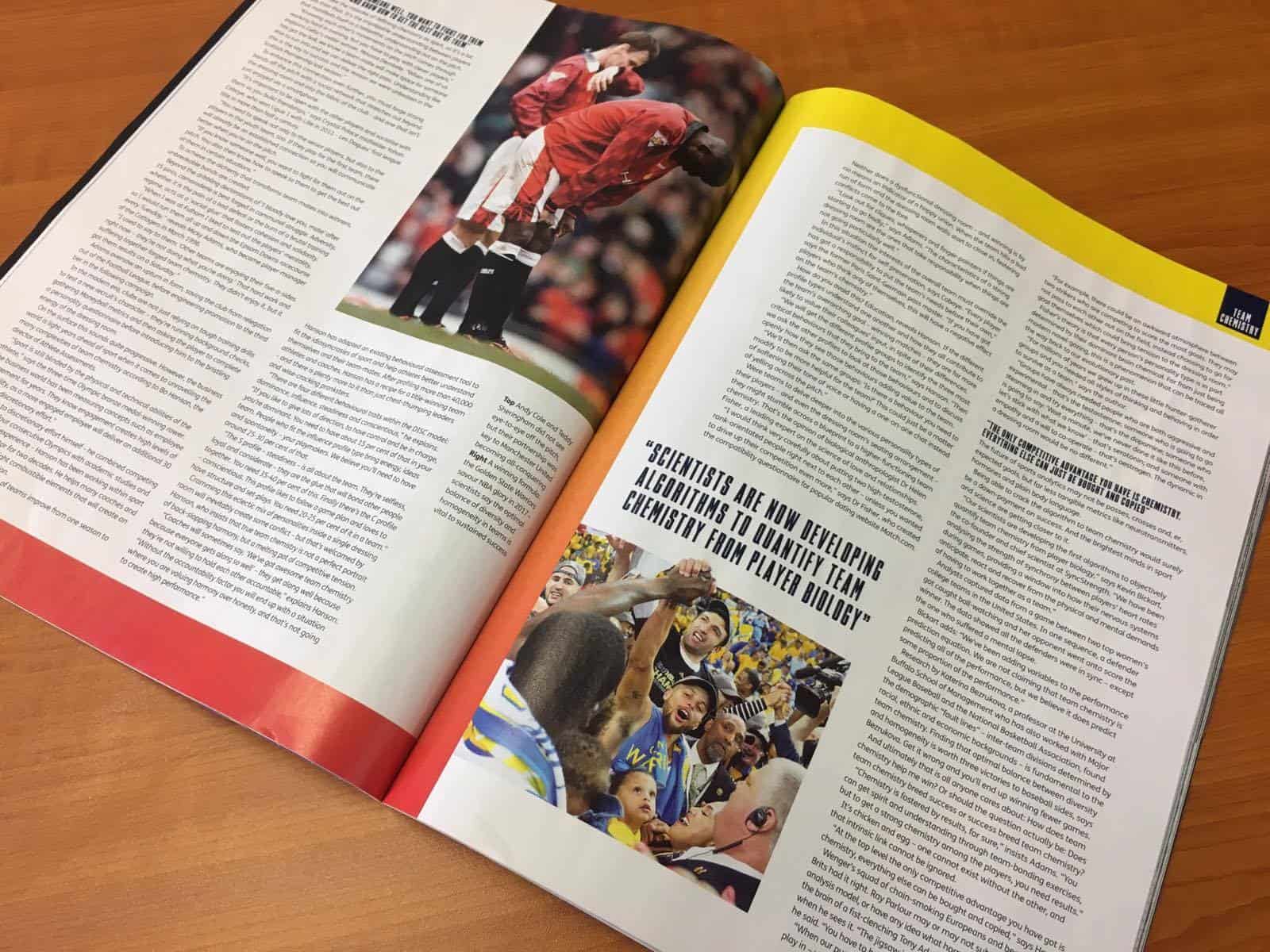
We’ve studied more than 2,000 teams across 40 different sports, tracked and listened to their unique challenges over the space of their varying seasons. What we’ve found, is that there are some points of commonality amongst the teams who not only win more often, but also claim to have great team chemistry.
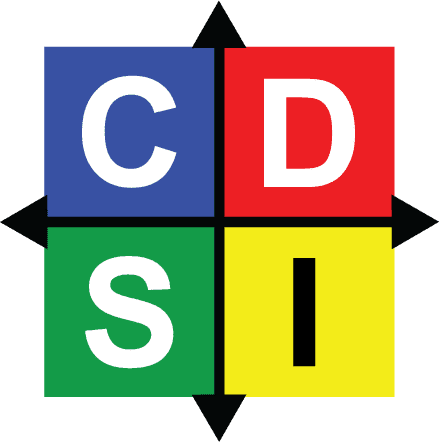 Coaches uncover their athletes’ DISC Style by using our online service. It produces the most accurate profile available anywhere in the world from a sport specific perspective.
Coaches uncover their athletes’ DISC Style by using our online service. It produces the most accurate profile available anywhere in the world from a sport specific perspective.
There are certain percentages of the DISC Profiles that work in teams because each style contributes important behaviors toward creating productive team bonds. There are also normally occurring percentages of each of the four DISC Styles within a normal population of people. Where sport is concerned, we don’t track exactly to a normal population like the breakdowns found in the business world, but we’re not that far off either.
When you have oversupplies or undersupplies of each profile percentage, it impacts how the overall dynamic blends together.

For example, imagine being in a kitchen where the old saying of too many chefs spoil the broth rings true. It’s the same in sport. We’re referring to the D (Dominant Style) profile and how they like to take charge, tell others what to do and be in a leadership role. You only need about 15% of your team with this behavioral preference. Too many and there’s a lack of cohesion, support for team goals and co-operation for the benefit of the team. This isn’t a rule but it always happens in my experience, too much D style direction and you have conflict and disharmony which equates to poor team chemistry.
The I Profile in the DISC Model stands for Interactive and is the type of athlete who is energetic, enthusiastic and loves to talk, build team connections and socialize. They make up roughly 25% of the successful teams we’ve worked with. Too many and the team struggles to focus narrowly on task related goals, not enough and the team lacks energy.
The S Profile in the DISC Model stands for Steady and is the type of athlete who is calm, composed, emotionally stable and relatively quiet. Often thought of as the quiet achiever who goes about their work without fanfare or need for constant praise. This profile needs to be at least 35-40% of the team. When this drops below this level, the team lacks the selflessness to do the necessary team related behaviors which often means the “little” things go missing. Too much S behavior and you can have a case of too much harmony and perceived Team Chemistry. It looks like the team gets along great as they don’t argue or conflict. In reality, this dynamic means the athletes rarely speak their mind and don’t question or challenge others. The team falls into mediocrity and is rarely as successful as their talent suggests they could be.
The final Profile in the DISC Model is the C Profile and this stands for Conscientious. These athletes follow rules, love game plans and will stick to them. They are fact driven and task-focused. They’re not concerned about being friends at the expense of doing things technically correct and executing plays according to the game book. The C’s need to be around 20-25% of a team. This is because sport is a very structured environment and most Coaches rely on a foundation of structure to achieve results. Too much C is a problem though as C’s don’t do well in chaotic environments where plays have broken down or the opposition team is great at disrupting your style of play. Not enough C and you get the common complaint from Coaches that their team can’t stay focused or is easily distracted.
Managing team chemistry starts with understanding team dynamics.
It’s easy to measure existing team dynamics, but, it’s not so easy to always have the perfect DISC percentages. Knowing your team make up though, helps you identify roles on the team, positions are which need to be recruited and how to better guide your team to that elusive yet productive team culture. The article Ben wrote gives great insight into how Coaches think about team chemistry and I was very happy to be included in the conversation and give our perspective on how to achieve what we as Coaches all desire and need.
At Athlete Assessments, we’re experts in the people side of sport. We know sport and live high-performance every day. Our reputation and proven success at the elite level speaks for itself. The results that our National, Olympic, Professional and Collegiate team clients achieve directly reflects their focus on getting the people side right.


